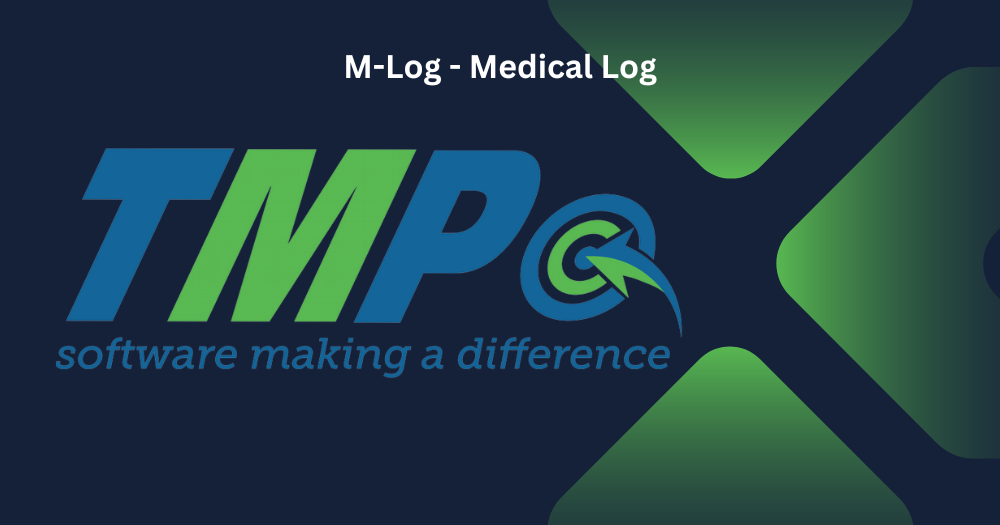In the context of Intellectual and Developmental Disabilities (IDD) care, an M Log typically refers to a Medication Log or Medical Log used to track the administration of medications, health-related incidents, or medical treatments for individuals receiving IDD services. Proper documentation is essential for compliance, safety, and continuity of care.
Purpose of an M Log in IDD Care:
- Medication Administration Tracking:
- Records what medications were given, including dosage, time, and method of administration.
- Ensures staff follow prescribed medication schedules to prevent missed or double doses.
- Helps track PRN (as-needed) medications, including reasons for use and effectiveness.
- Medical and Health-Related Incident Documentation:
- Tracks medical appointments, treatments, and any changes in health status.
- Records symptoms, adverse reactions, or concerns that require medical follow-up.
- Regulatory Compliance and Auditing:
- Helps provider agencies comply with Medicaid and state IDD regulations that require accurate medication documentation.
- Serves as an audit-ready record for inspections or reviews by oversight agencies.
- Improving Care Coordination:
- Provides caregivers, nurses, and case managers with a complete picture of an individual’s medical needs.
- Ensures consistency in care, especially for individuals who receive support from multiple caregivers.
How an M Log Works:
- Typically maintained electronically (through an EHR system) or manually in paper form.
- Includes fields for:
- Date & Time of medication administration or medical entry.
- Medication Name & Dosage (if applicable).
- Reason for Medication (PRN usage).
- Staff Signature or Initials to verify administration.
- Notes on Side Effects, Missed Doses, or Reactions.

